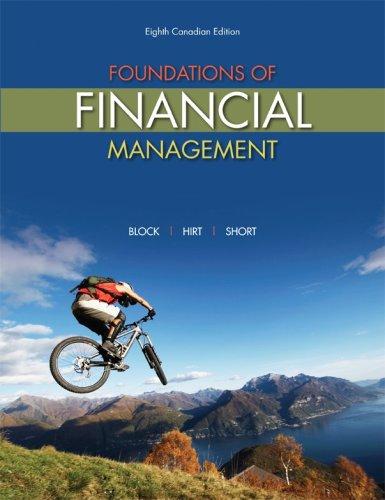Question
1) Investors who purchase options acquire nothing more than the right to buy or sell the shares of the underlying security. T F 2) An
1) Investors who purchase options acquire nothing more than the right to buy or sell the shares of the underlying security. T F
2) An options strike price is the stock price at which the option holder breaks even. T F
3) The value of a call increases as the price of the underlying security rises. T F
4) NZMA stock is currently selling for $128. Is June 125 call options "out-of-the-money"? T F
5) The maximum amount the buyer of a put can lose is the cost of the option. T F
6) If a stock price does not rise or fall by the amount of the option premium, the option will not be exercised. T F
7) A futures contract grants the buyer the option to either buy or sell a specified amount of a commodity. T F
8) An investor's margin in a futures contract is checked each day under a procedure known as mark-to-the-market. T F
9) The November 22, 2015 the on-line edition of the Wall Street Journal listed the following information on oat futures. Quotes are in cents per bushel. The cost of a March 2016 contract was $11,430 at the market close? T F
Step by Step Solution
There are 3 Steps involved in it
Step: 1

Get Instant Access to Expert-Tailored Solutions
See step-by-step solutions with expert insights and AI powered tools for academic success
Step: 2

Step: 3

Ace Your Homework with AI
Get the answers you need in no time with our AI-driven, step-by-step assistance
Get Started


